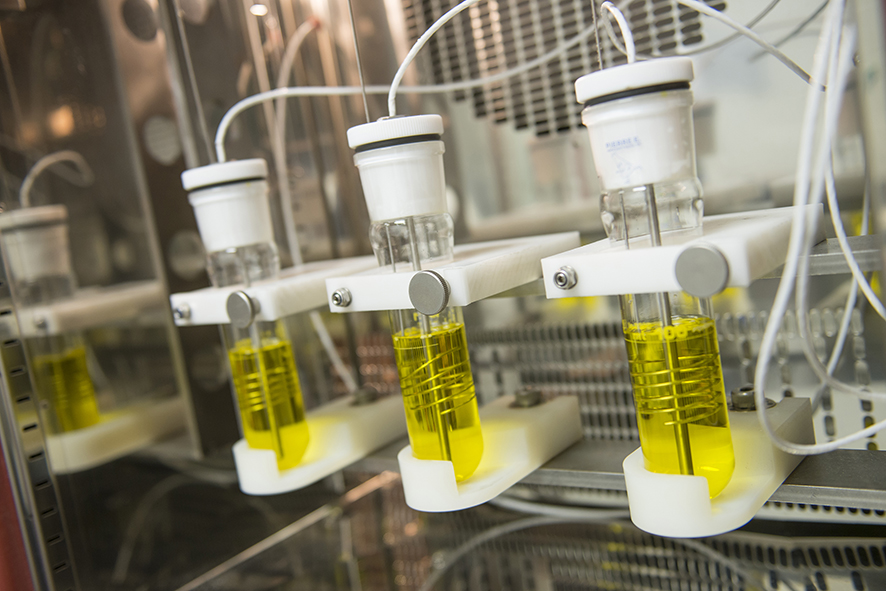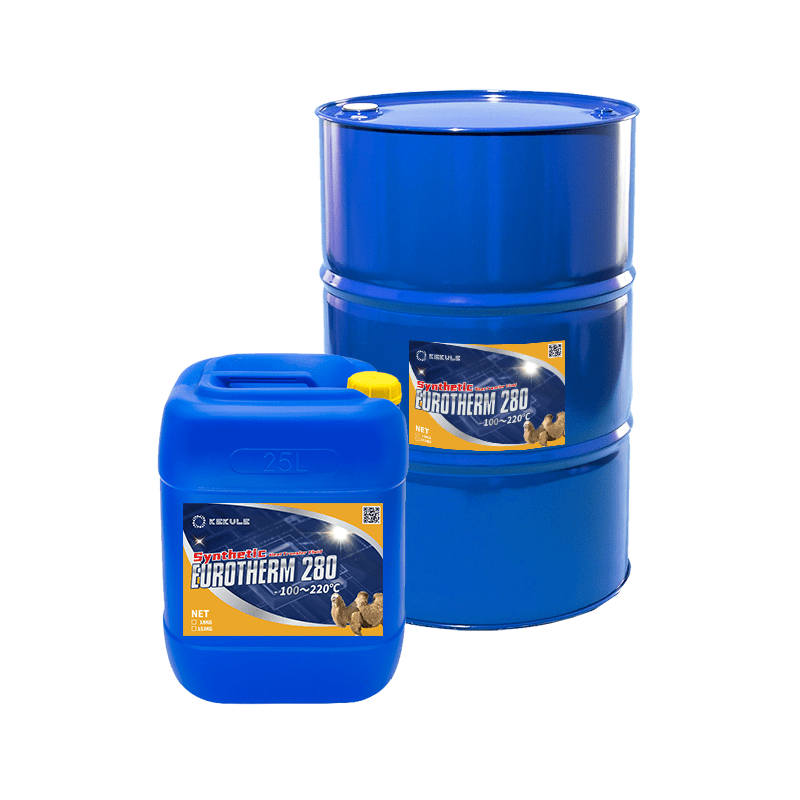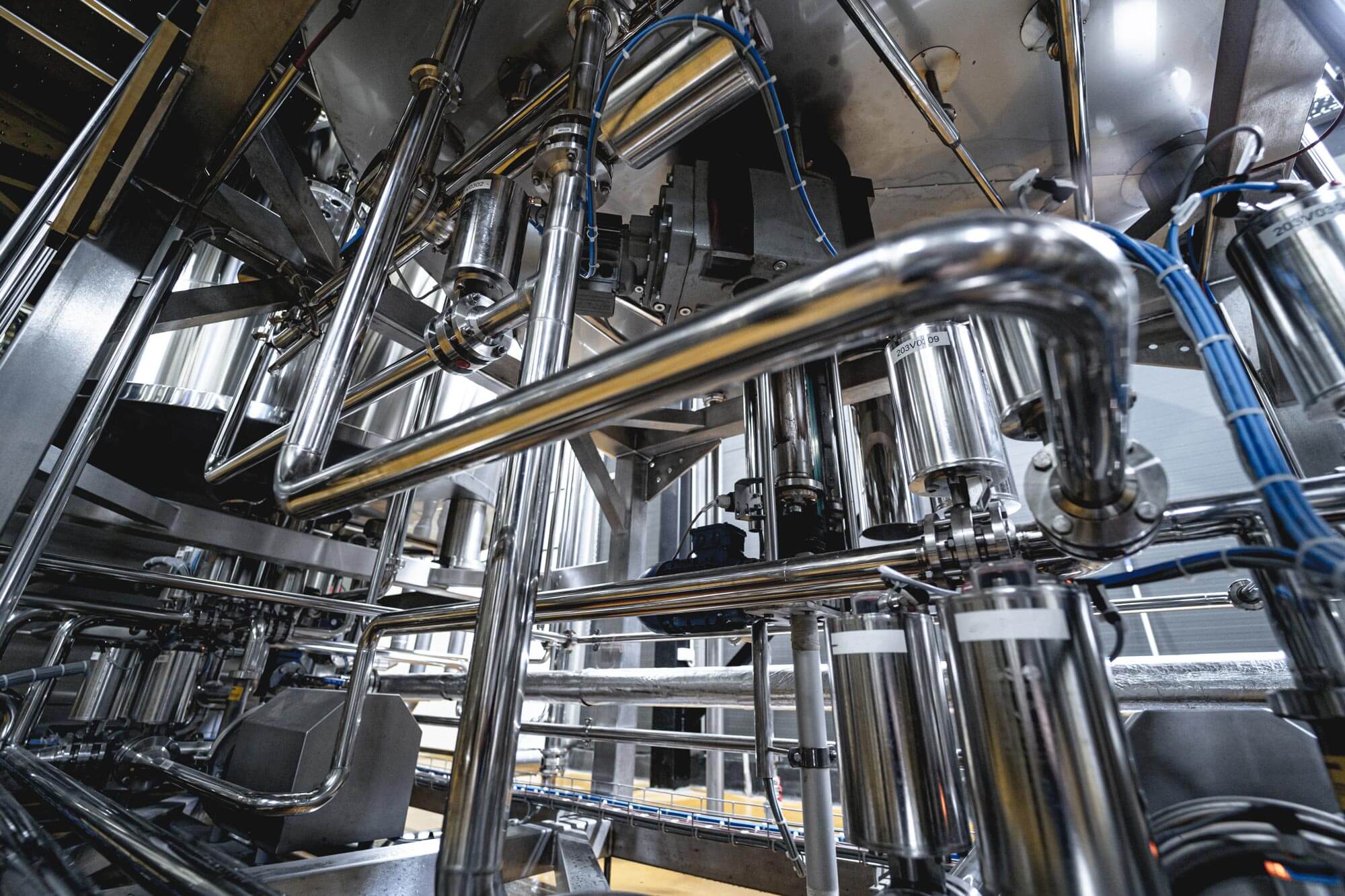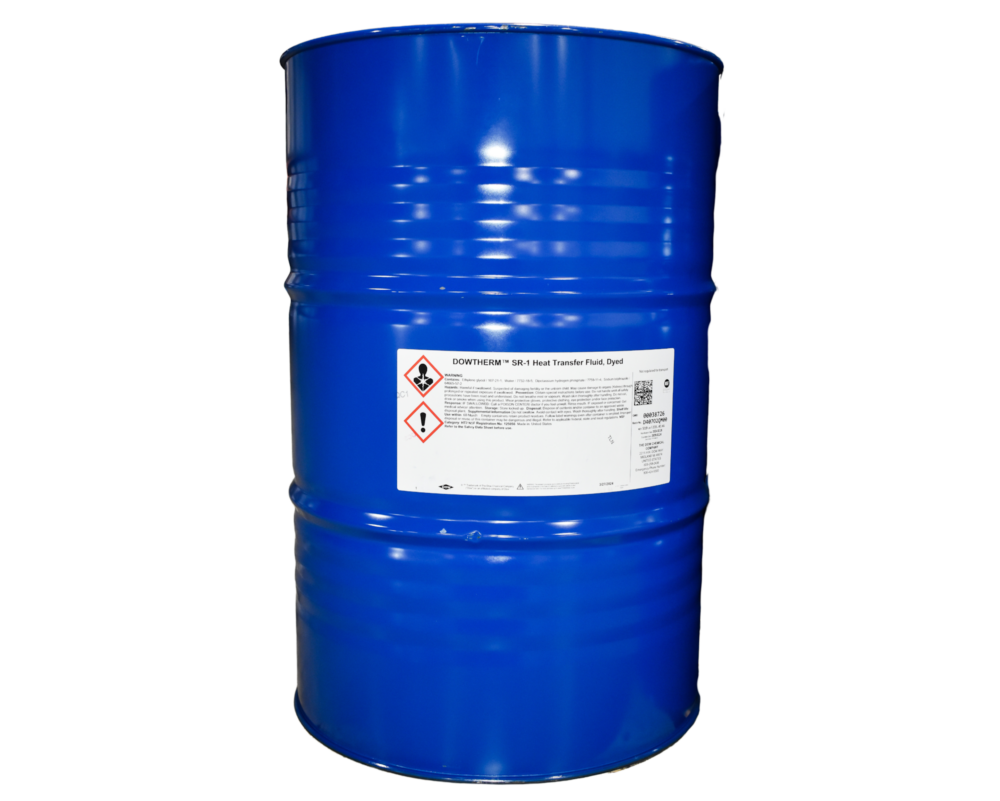Just how to Select the most effective Heat Transfer Fluid for Industrial Applications
Just how to Select the most effective Heat Transfer Fluid for Industrial Applications
Blog Article
Just How Heat Transfer Liquid Adds to Lasting and Cost-Effective Procedures
In the modern-day commercial landscape, the duty of warm transfer liquids (HTFs) in promoting lasting and inexpensive procedures can not be overstated. These liquids are pivotal in optimizing thermal management systems, thus dramatically improving power performance and minimizing functional expenses. heat transfer fluid. The environmental advantages of advanced HTFs, with their high thermal security and reduced toxicity, are undeniable.
Recognizing Warm Transfer Fluids
In the realm of thermal management, heat transfer fluids (HTFs) offer as essential representatives for transferring thermal power from one area to one more. These fluids play a pivotal role in numerous commercial applications, including chemical processing, power generation, and heating and cooling systems. HTFs are particularly engineered to operate within a vast variety of temperatures, successfully promoting the transfer of warmth while maintaining a secure thermal profile. Their ability to work under extreme problems-- whether high temperature levels or cryogenic degrees-- makes them indispensable in environments demanding specific thermal control.
The make-up of heat transfer liquids can differ significantly, consisting of options such as mineral oils, synthetic oils, glycols, and molten salts. Each type offers distinctive benefits, such as improved thermal security, low viscosity, and high boiling points, which are picked based upon details operational demands. The option of HTF impacts not only the effectiveness of warm transfer yet likewise the longevity and safety of the system in which it is employed.
As industries remain to introduce, the growth of sophisticated HTFs, identified by their boosted thermal conductivity and reduced ecological influence, is critical for satisfying the demands of modern thermal monitoring obstacles.

Enhancing Power Efficiency

Improving power effectiveness has actually come to be a paramount problem throughout various markets, triggering a better examination of heat transfer liquids' function in optimizing thermal administration systems. These liquids are essential to keeping the desired temperature level in procedures, thereby reducing energy waste and boosting general system effectiveness. By selecting a suitable heat transfer fluid, industries can considerably enhance their energy efficiency, bring about reduced energy consumption.

Advanced formulas of heat transfer fluids have actually been developed to withstand severe temperature levels while preserving security and performance. Enhancing energy performance through ideal heat transfer fluid choice is not just a technological requirement but likewise an ecological important.
Reducing Functional Costs
Functional expenses are a substantial consideration for sectors looking for to maintain competitive benefit, and the choice of heat transfer fluid plays a critical role in price administration. Selecting a proper warmth transfer liquid can cause substantial price savings by improving system effectiveness and lowering energy usage. High-performance liquids decrease thermal deterioration, which in turn reduces the regularity of fluid replacement and downtime related to upkeep, thus lowering functional expenses.
Furthermore, warm transfer liquids with remarkable thermal stability and rust resistance prolong the life-span of devices. go to these guys This minimizes the demand for frequent repair work and replacements, which can be expensive and disruptive to procedures. By investing in high-quality fluids, markets can accomplish long-lasting decreases in maintenance expenses and enhance the dependability of their systems.
In addition, advanced heat transfer fluids usually show lower viscosity at operating temperature levels, which enhances pump effectiveness and minimizes energy usage in liquid circulation. Several contemporary heat transfer fluids are crafted to run successfully over a broad temperature array, minimizing the requirement for numerous fluid types, therefore simplifying inventory requirements and lowering linked prices.
Environmental Effect Decrease
The push towards minimizing ecological effect has actually acquired momentum in sectors leveraging warmth transfer fluids. Heat transfer liquids (HTFs) play an essential function in this click to read more change, supplying chances to improve power effectiveness and decrease exhausts - heat transfer fluid.
In addition, making use of advanced warmth transfer fluids contributes to enhanced system efficiency, lowering the total power consumption. This reduction not only results in cost financial savings yet also lowers carbon dioxide emissions, aiding in the battle against environment modification. Liquids that are eco-friendly and recyclable even more boost sustainability efforts, as they reduce waste and advertise circular economic climate techniques.
Furthermore, including HTFs into closed-loop systems avoids fluid loss and contamination of the surrounding environment. This technique ensures that fluids are recycled, reducing the demand for brand-new resources and restricting waste generation. By embracing these ecologically aware strategies, markets can considerably lessen their environmental influence while maintaining high operational performance, straightening with global sustainability goals and regulative needs.
Choosing the Right HTF
Choosing the ideal warmth transfer fluid (HTF) is an important action in progressing ecological sustainability within industrial processes. The option of HTF straight affects system efficiency, energy consumption, and environmental influence. An optimal HTF must have a high thermal ability, reduced thickness, and high thermal conductivity to ensure reliable warm transfer. Furthermore, its stability over a broad temperature level array is vital to stop destruction, which can bring about enhanced emissions and waste.
When selecting an HTF, it is find more information vital to consider its compatibility with system materials to avoid corrosion and chemical reactions. This makes certain long life and lowers maintenance expenses. The liquid ought to be non-toxic and eco-friendly, decreasing its eco-friendly footprint and making sure compliance with ecological laws. The lifecycle cost of the HTF, incorporating procurement, operation, and disposal, need to likewise be evaluated to make certain economic expediency.
Conclusion

Report this page